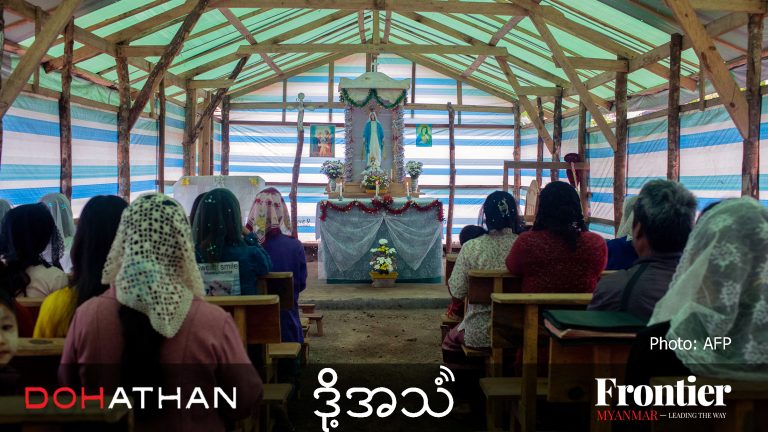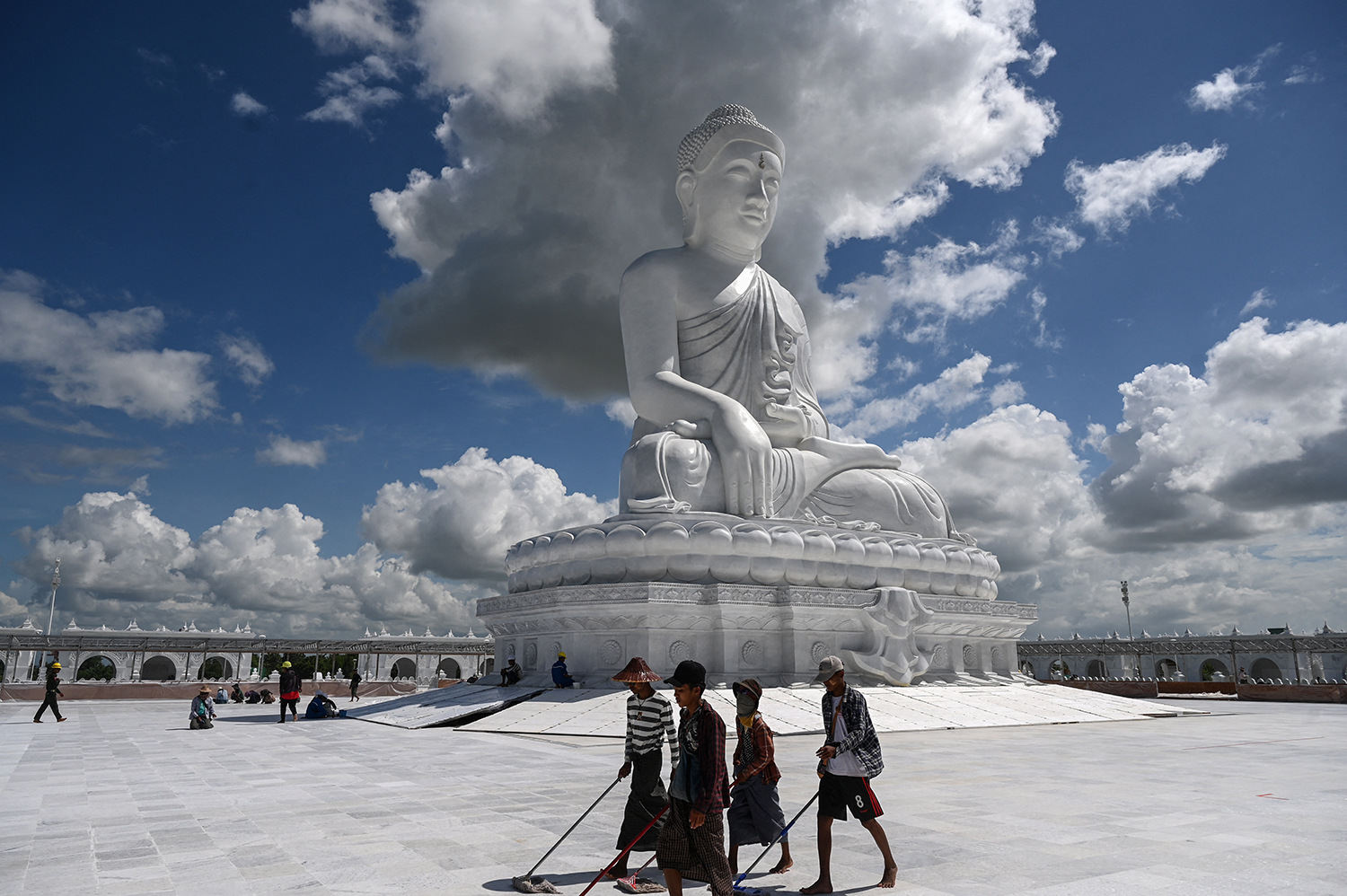It’s difficult to defend Klaas Haytema’s actions, but it’s even more difficult to justify his prison sentence.
“I WAS happy when I heard he got three months.”
This comment, from a well-educated moderate Myanmar Buddhist woman talking about Dutch tourist Klaas Haytema’s prison sentence on October 6, raised some eyebrows at Frontier. But then she added: “I thought he’d get much longer – one or two years at least.”
It’s difficult to defend Haytema’s actions. His decision to unplug an amplifier at a public gathering was always likely to cause offence, regardless of whether it was a religious ceremony. Visitors need to accept that there are no global standards for behaviour; what’s offensive or illegal in one country may be perfectly normal or even encouraged in another, and vice versa.
But nobody benefits from Haytema serving three months in a Myanmar prison. The media coverage that his sentence generated around the world will have further damaged Myanmar’s reputation as a tolerant country.
It contrasts with the manner in which Malaysia handled the recent appalling behaviour of a group of Australian men, who stripped at a sporting event to reveal swimming briefs emblazoned with the Malaysian flag.
Support more independent journalism like this. Sign up to be a Frontier member.
You can debate which action was more offensive – the latter was pre-planned, rather than spontaneous, and there was no element of religion involved. The response, though, was markedly different.
Malaysia held the nine men for four days and then released them with a caution. Suitably contrite, they held a press conference in their home country and warned of the need to respect local customs while travelling. No doubt that was a requirement imposed by the Malaysian authorities as part of an agreement to secure their release.
This doesn’t necessarily mean that Haytema should have been treated the same way. But Myanmar would have been better served if the judge in his case had come up with a more creative sentence that better fitted his alleged crime. How about community service, such as teaching at one of Mandalay’s many monastic schools?
This would have been a far more reasonable outcome than imposing a custodial sentence, and would have shown some of the metta (loving kindness) for which Myanmar is renowned. Better yet, the dispute could have been resolved through mediation with the community members who were offended by his actions.
In another way, Haytema’s case marks a very small improvement when considered in light of the treatment of bar manager Phil Blackwood, who spent more than a year in prison after being arrested for posting an image on Facebook of the Buddha wearing headphones to promote a drinks night.
The judge convicted Blackwood, together with his co-manager and the bar owner, of two offences, and sentenced him to two and a half years in prison.
One of those charges was section 295(a) of the Penal Code, for “outraging” religious feelings “with deliberate and malicious intent”. Yet it was never clear how the prosecution proved there was any intent.
In Haytema’s case, the judge acknowledged that there was no evidence to support a section 295(a) charge because intent could not be proven. Instead he was convicted of disturbing a religious gathering, which carries a lesser prison term. The case was also fast-tracked and completed in barely a week.
In all the media reporting, it has not been clear whether the event in question had a municipal permit to use the loudspeaker at night. Given the charge was for voluntarily disturbing an “assembly lawfully engaged in the performance of religious worship”, this may have affected the outcome of Haytema’s trial.
If there is one positive to emerge from this sorry episode, it would be that it has drawn some much-needed attention to the use of loudspeakers.
It seems that the one thing everyone agrees on is that the misuse of high-powered sound systems in public areas is a problem. In urban areas there are regulations pertaining to loudspeaker use, but like many such rules in Myanmar it seems they are mostly ignored.
Next time a loudspeaker is turned to 11, whether for a religious or secular event, the organisers would do well to consider the effect of their actions on others around them.
At the end of the day, it’s a question of respect. Just as one should respect a person’s right to hold a religious or secular ceremony, one should also respect the right of those in the vicinity to live in peace.






